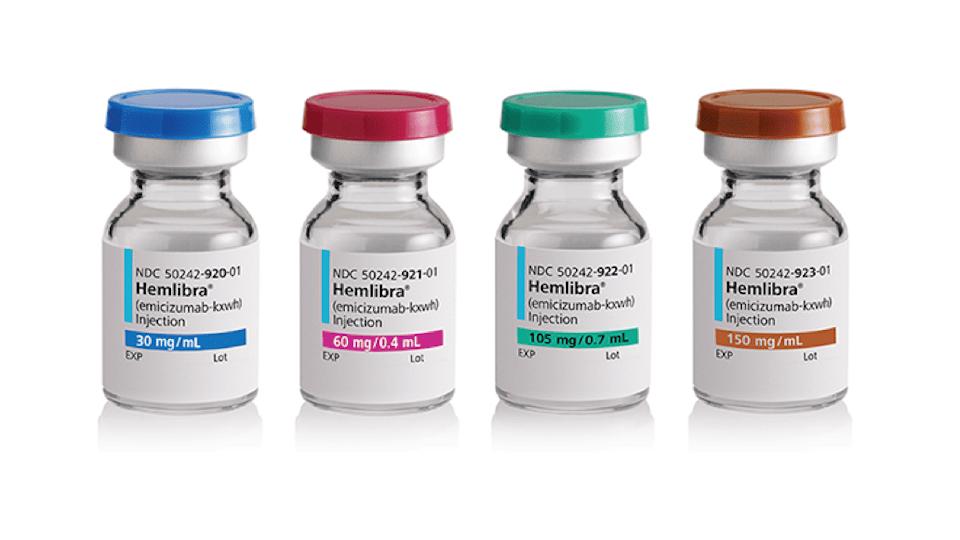Pfizer ducks out of Sangamo haemophilia A alliance

Sangamo chief executive Sandy Macrae
Sangamo chief executive Sandy Macrae has said the company is "surprised and extremely disappointed" by Pfizer's decision to hand back rights to its experimental gene therapy for haemophilia A, despite positive phase 3 results.
In a statement, Sangamo confirmed that Pfizer is handing full development and commercialisation rights to giroctocogene fitelparvovec and it will now "explore all options to advance the programme, including seeking a potential new collaboration partner."
Shares in Sangamo lost 50% of their value in after-hours trading following the announcement, which came shortly before the close yesterday.
Pfizer's decision could stem from the fairly dismal performance of the only gene therapy for haemophilia A currently on the market – BioMarin's Roctavian (valoctocogene roxaparvovec) – which was approved in Europe in 2022 and the US in 2023.
The $2.9 million one-shot treatment has seen slow take-up since launch, with sales of just $16 million in the first nine months of this year. That was an increase on the $1 million booked by BioMarin in the same period of 2023, but Roctavian remains hamstrung by reimbursement and market access challenges and the company said recently it will limit commercialisation of the gene therapy to just three key markets (the US, Italy, and Germany).
In July, Pfizer presented the results of the phase 3 AFFINE study of giroctocogene fitelparvovec that showed the gene therapy was able to achieve superior results on various measures, including reducing the annualised bleeding rate (ABR), compared to prophylaxis with factor VIII replacement therapies.
That prompted Pfizer and Sangamo to start talking to regulators about a possible route to approval, but it seems Pfizer has lost faith that investing further in the programme will give it a satisfactory return.
Among the reasons held up for the slow uptake of Roctavian are doubts about how clinically meaningful the ABR endpoint is to patients and clinicians, as well as unanswered questions about the long-term effects of the therapy, in addition to the market access challenges. At the moment, it would seem those also apply to giroctocogene fitelparvovec.
Pfizer, meanwhile, has been building a presence in haemophilia with other new therapies, notably recently launched anti-TFPI antibody Hympavzi (marstacimab) – used to treat haemophilia A and B without inhibitors – and $3.5 million haemophilia B gene therapy Beqvez (fidanocogene elaparvovec), which was approved by the FDA in April and competes with CSL Behring's Hemgenix (etranacogene dezaparvovec). So far, Pfizer has not revealed any sales figures with Hympavzi or Beqvez.
The decision adds to the pressure on Sangamo, which has been through a difficult period in the last couple of years, punctuated with job losses and divested R&D programmes, as it reinvents itself as a neurology-focused genomic medicine specialist. Last year, Novartis and Biogen also exited alliances with the company.
The company said that recently announced partnerships with Roche's Genentech unit and Astellas, and advanced business development discussions for its Fabry gene therapy programme (isaralgagene civaparvovec) in phase 1/2, will allow it to chart a path forward.












